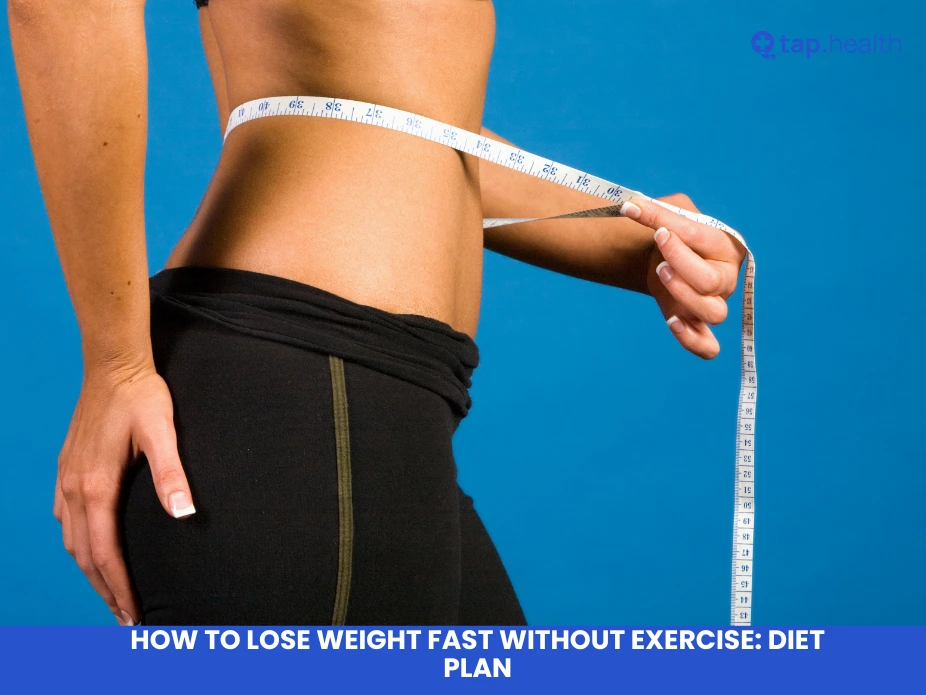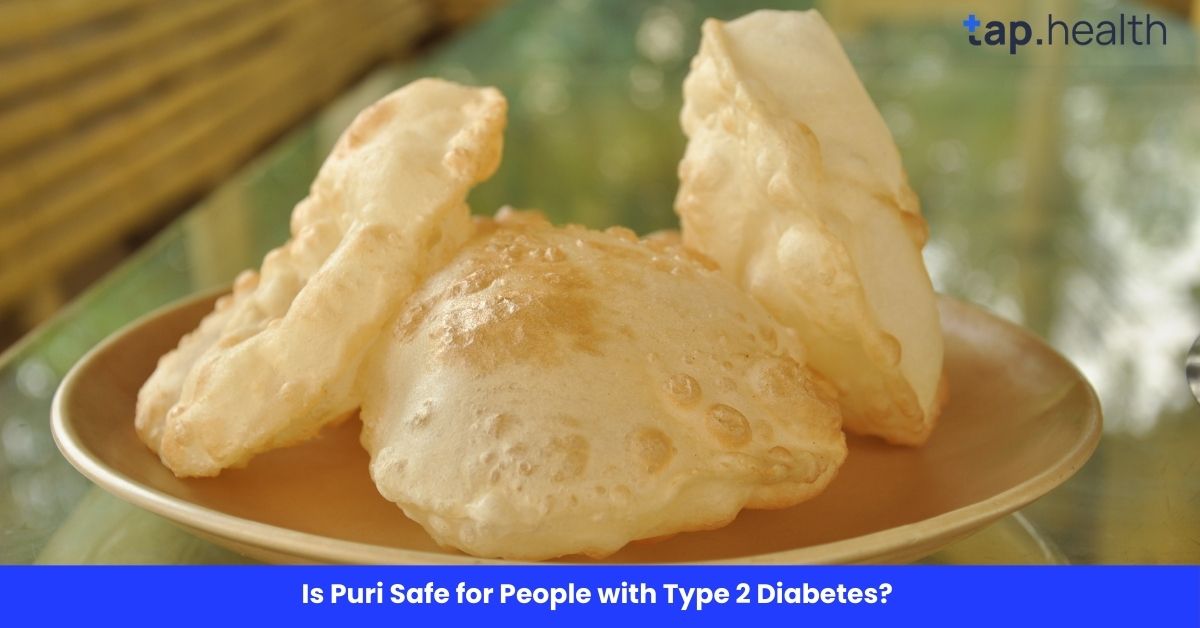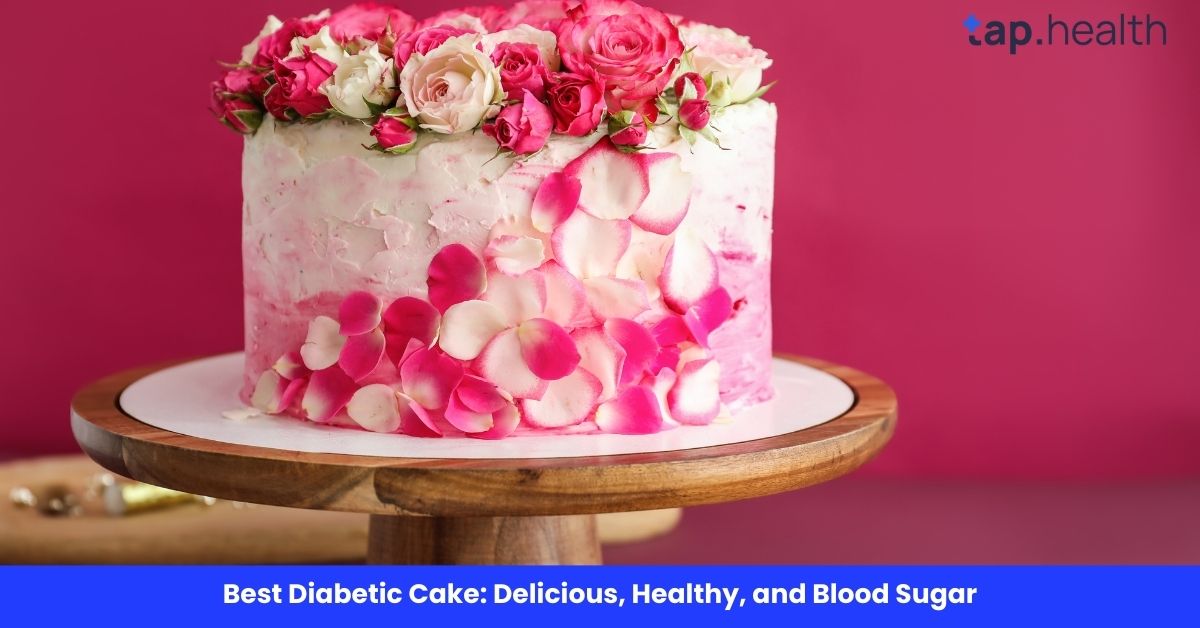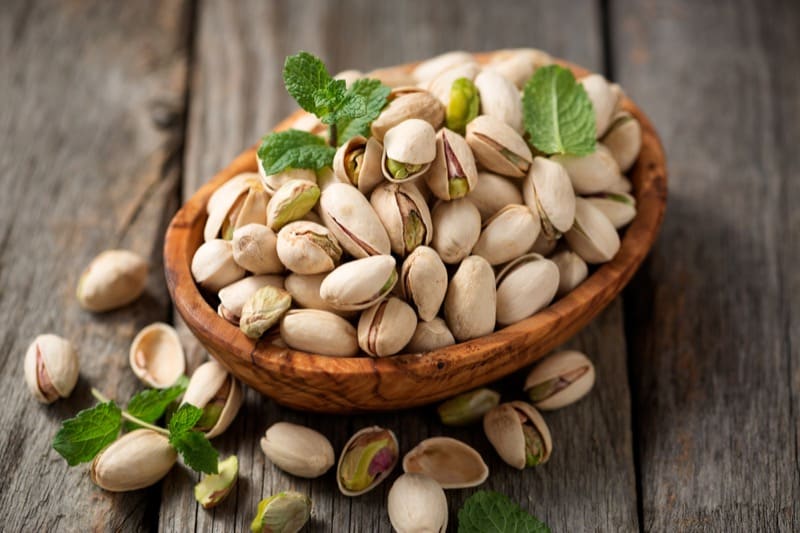Understanding Calorie Deficit for Weight Loss Without Exercise
What is a calorie deficit and how does it help lose weight fast without exercise?
A calorie deficit occurs when you consume fewer calories than your body burns daily, forcing it to use stored fat for energy. Research from Obesity (2018) shows reducing intake by 500–750 calories per day leads to 1–2 pounds of weight loss weekly, even without workouts. Track portions using apps and focus on nutrient-dense foods to maintain energy levels.
Key Principles: Reduce Caloric Intake and Avoid Processed Foods
How to reduce caloric intake and avoid processed foods for faster weight loss?
Eliminate high-calorie processed foods, sugary snacks, and refined carbs. Replace them with whole foods like vegetables, fruits, and lean proteins. Nutrition experts emphasize that ditching preservatives and unhealthy fats improves satiety, prevents empty calories, and supports overall health during weight loss without exercise.
Boost Protein Intake to Stay Full and Support Metabolism
Why increase protein intake in a no-exercise weight loss plan?
High protein curbs hunger, preserves muscle mass, and boosts metabolism by up to 80–100 calories daily. A 2015 study in the American Journal of Clinical Nutrition confirms higher protein diets promote fat loss while maintaining lean body mass. Include sources like chicken breast, fish, tofu, eggs, or legumes in every meal for better results in losing weight fast without exercise.
Hydrate with Water and Control Carbs for Faster Results
How does hydration and carb control accelerate weight loss without exercise?
Drink 8–10 glasses of water daily to avoid mistaking thirst for hunger and support fat-burning processes. Swap refined carbs (white bread, pasta) for complex carbs in veggies, quinoa, and whole grains. The Lancet (2018) research shows low-carb diets lead to faster initial weight loss and improved blood sugar control compared to low-fat approaches.
Sample Diet Plan: Meals to Lose Weight Without Exercise
What is a balanced sample diet plan for quick weight loss without exercise?
Breakfast Ideas for Weight Loss
- Boiled eggs with spinach and green tea
- Whole grain toast topped with avocado and berries
Morning Snack Options
- Handful of almonds
- Small piece of 70%+ dark chocolate
Lunch Meals to Stay in Calorie Deficit
- Grilled chicken or tofu salad with greens, cucumber, tomatoes, and quinoa
- Herbal tea
Afternoon Snack Ideas
- Greek yogurt (unsweetened) with chia seeds
- Carrot or cucumber sticks
Dinner for Sustainable Fat Loss
- Grilled salmon or lean beef with steamed broccoli and small sweet potato
Optional Evening Snack
- Peppermint tea or cucumber slices
This meal plan naturally creates a calorie deficit using portion control and whole foods, keeping you full while promoting weight loss without exercise.
Real-Life Success: Sarah’s Journey Losing Weight Without Exercise
How did Sarah lose 10 pounds without exercise?
Sarah, a 32-year-old professional, switched from junk food to protein-rich whole foods, practiced mindful eating, and increased water intake. Within weeks, she lost 10 pounds, gained energy, and improved health—no gym needed. Her story highlights that consistent dietary changes drive real weight loss results without exercise.
Expert Tips: Nutritionist Advice on Diet for Weight Loss
What do experts say about losing weight fast without exercise?
- Jessica Patel, Nutritionist: “Include protein in every meal to enhance satiety and metabolism.”
- Kelly Carter, Dietitian: “Replace processed foods with nutrient-dense alternatives for effective fat loss.”
- Jane Cooper, RD: “Incorporate healthy fats like avocado to curb cravings and prevent overeating.”
Practice mindful eating—chew slowly without distractions. A 2017 Appetite study shows this reduces calorie intake by 10–15%.
Proven Research Backing No-Exercise Weight Loss
What science supports weight loss through diet alone?
- Caloric restriction: Obesity journal confirms steady fat loss with 500–750 calorie deficits.
- Protein benefits: Preserves muscle and boosts metabolism during deficits.
- Mindful eating: Leads to healthier food choices and lower intake.
- Low-carb diets: Outperform low-fat diets for rapid, sustainable weight loss (The Lancet, 2018).
FAQ
Can you lose weight without exercise? Yes—focus on diet-induced calorie deficit and whole foods.
How fast can you lose weight without exercise?
Safely aim for 1–2 pounds per week to avoid muscle loss or rebound.
Does no exercise cause muscle loss?
High-protein intake minimizes it; light walks help if possible.
Ideal calories to lose weight without exercise?
Calculate maintenance calories (based on age, gender, weight) and subtract 500–750.
Best foods to eat to lose weight without exercise?
Lean proteins, non-starchy veggies, berries, nuts, and whole grains.
Is intermittent fasting helpful for weight loss without exercise?
Yes—it creates a natural calorie deficit when paired with nutrient-dense meals.
How to stay motivated losing weight without exercise?
Track non-scale victories like better energy, clothes fit, and weekly photos.
Risks of rapid weight loss without exercise?
Nutrient deficiencies or gallstones; consult a doctor and prioritize sustainability.
Conclusion: Achieve Sustainable Weight Loss Through Diet
Losing weight fast without exercise is possible with a structured diet plan emphasizing calorie deficit, high protein foods, hydration, and whole foods. Follow the sample meals, apply expert tips, and stay consistent—like Sarah—for lasting results. Always consult a healthcare professional before starting any weight loss regimen.



